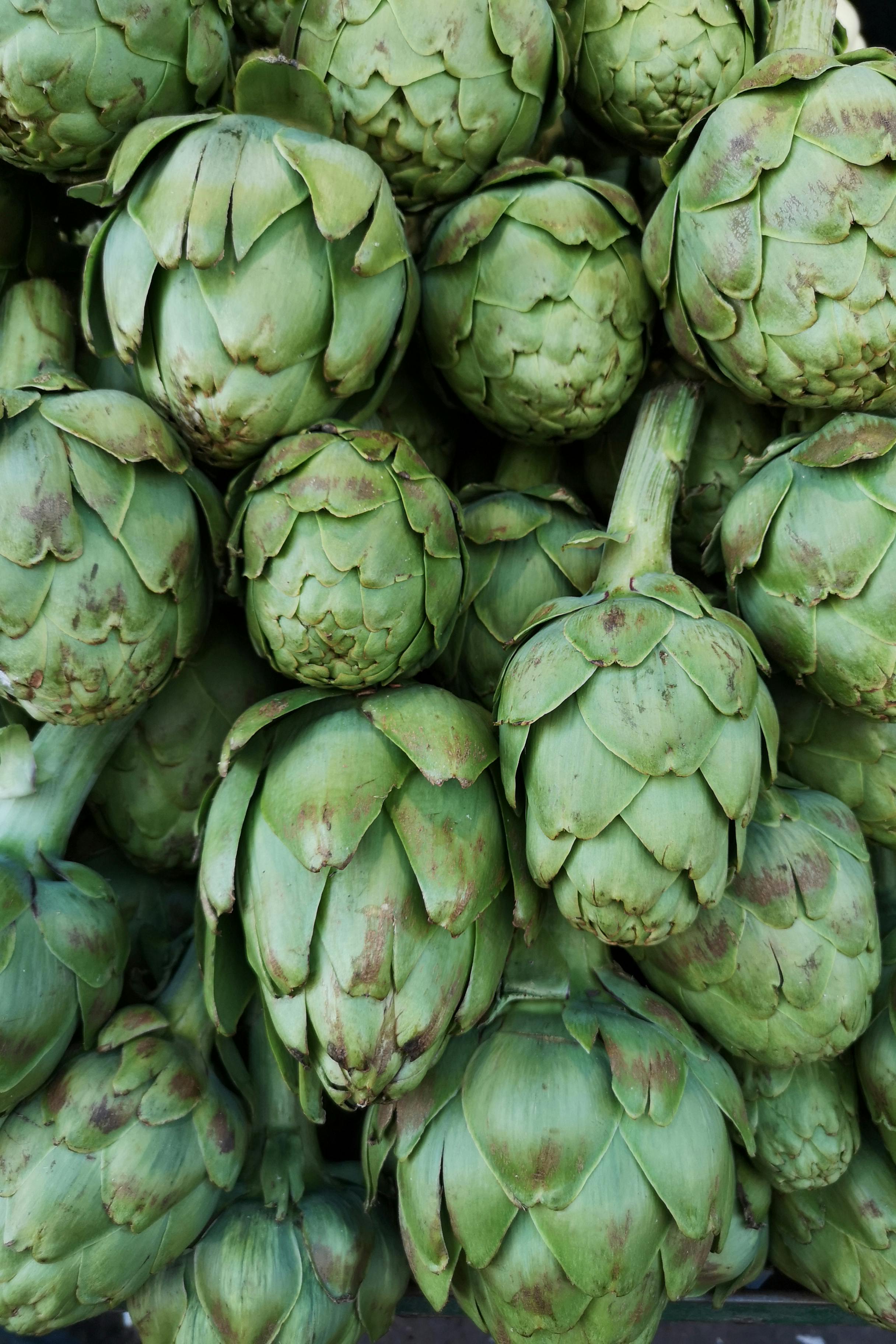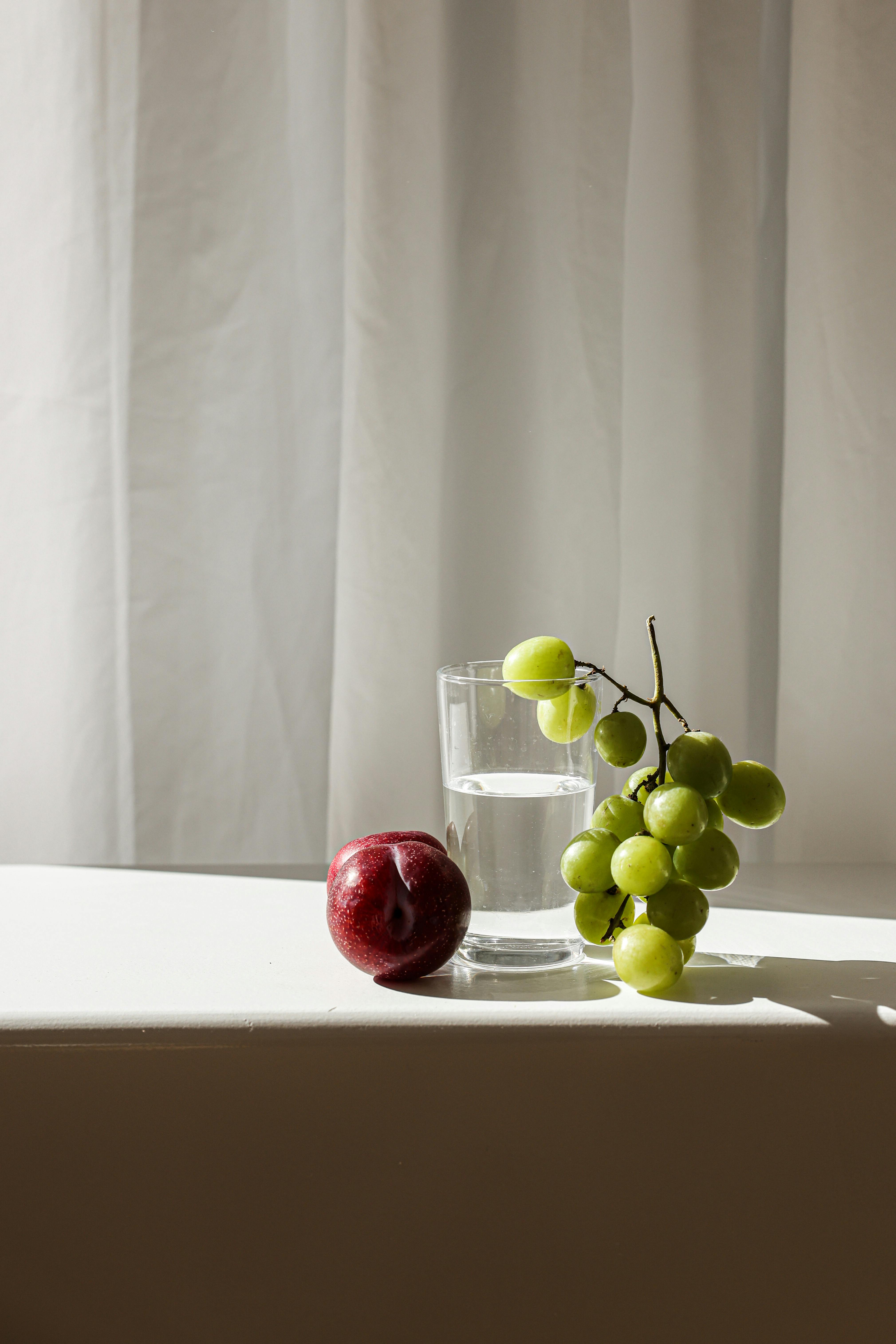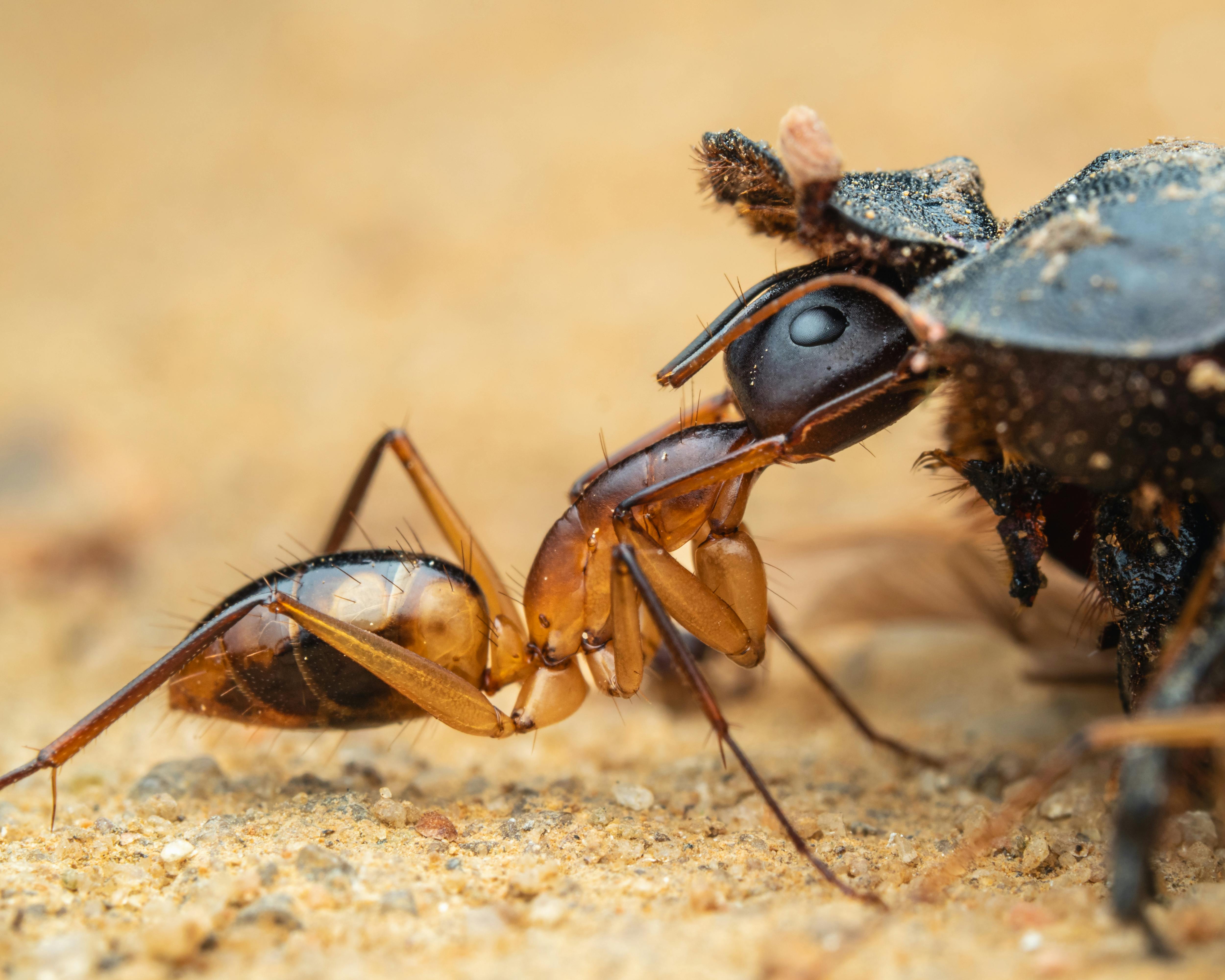
Top 5 Effective Ways to Prepare for Your Colonoscopy Diet in 2025
Preparing for a colonoscopy can be daunting, but understanding the colonoscopy diet is crucial to ensure a successful procedure. A tailored multifaceted approach helps ease the colon prep process while optimizing overall digestive health. This article outlines five effective strategies for a successful pre-colonoscopy diet in 2025. From meal planning to hydration tips, let’s delve into how to navigate your colonoscopy preparation.
1. Understand the Colonoscopy Food Guidelines
When preparing for a colonoscopy, it’s essential to familiarize yourself with the colonoscopy food guidelines. These guidelines will direct you to select appropriate foods in the days leading up to the procedure. Often, doctors recommend a mix of low-fiber options that facilitate cleaning the colon while ensuring you maintain adequate nutrition. The primary focus should be on low fiber diet meals. Foods such as white bread, eggs, and tender meat are preferred, while foods high in fiber, such as beans and whole grains, should be avoided. This helps minimize residue and aids the colonoscopy preparation process.
Substitutes for High-Fiber Foods
Replacing high-fiber foods with low-residue choices can make a significant difference. For instance, consider swapping whole grain products with white rice or pasta. Read labels carefully to ensure you stay within the colonoscopy food restrictions imposed by healthcare professionals. Additionally, understanding the effect of your diet on the colon can empower you to make beneficial choices. Incorporate easy-to-digest foods like bananas and cooked carrots, which can help support your digestive health.
Meal Planning for Success
Creating a colonoscopy meal plan is vital in the days preceding your procedure. Focus on balancing protein and carbohydrates while adhering to digestive-friendly foods. A simple meal could include scrambled eggs with white toast and a side of clear broth. Planning ahead enables you to avoid panic about what to eat, ensuring meal prompts promote enjoyment rather than distress as you eat colon friendly foods.
2. Emphasize Hydration Strategies
Hydration plays a pivotal role during your colonoscopy preparation. Maintaining adequate fluid intake, particularly in the days leading up to the procedure, is vital. Start drinking clear liquids at least 1-2 days prior, as this aids in final bowel cleansing and prevents dehydration. Ideal fluids include water, herbal teas, and clear broth. Avoid colored liquids, especially red or purple drinks, as they mimic blood during the procedure, which can interfere with results.
Electrolyte Drinks for Prepping
Incorporate electrolyte drinks into your hydration strategies to replace essential minerals lost during preparation. Drinks without color additives promote optimal hydration while ensuring you remain energized and refreshed throughout the process. It’s advisable to heed the doctor’s recommendations regarding hydration to ensure your body is adequately prepared for the colonoscopy.
Best Practices for Drinking Fluids Before Colonoscopy
To effectively hydrate before your colonoscopy, aim for at least 8-10 cups of clear fluids daily in the lead-up to the procedure. Consider supplementing with clear liquid drinks or electrolyte supplements that suitably fit into your colon cleanse diet. Alongside hydration, consider herbal teas which may offer additional soothing benefits, preparing your digestive system for comfort during bowel prep.
3. Plan Your Snacks Wisely
If you’re unsure about meals throughout your diet before colonoscopy, small, mindful snacks can be a solution. Pack snacks that align with the colonoscopy food guidelines and incorporate low-fiber choices. For example, try plain crackers or a small amount of nut butter on white bread. Remember to focus on colon-friendly snacks and avoid high-fat and processed options, which could hinder your preparation process.
Helpful Snack Options
When planning your snacks, consider prepared smooth baby food, pureed fruits without seeds, or rice cakes, which are all digestion-friendly foods. Keep your snack sizes small, providing a gentle energy boost without overwhelming your digestive system. Implementing these strategies ensures your body gets the nutrients it needs without sacrificing the cleanliness required for the procedure.
Avoiding Banned Foods Pre-Colonoscopy
Be aware of and actively avoid any food banned in pre-colonoscopy diet guidelines, such as nuts, seeds, and high-fiber products. Transition smoothly by systematically phasing out these items from your diet in preparation. Eliminating these foods from your diet in the weeks leading up to your colonoscopy will ease the sheer nature of colon cleansing.
4. Consider Nutritional Supplements
Consulting with your physician about vitamin supplements before colonoscopy is wise. Certain vitamins or probiotics can enhance your digestion while ensuring your nutrition stays balanced leading up to this diagnostic procedure. Probiotics encourage healthy gut flora and promote digestive balance, which may aid your body’s initial efforts to cleanse itself ahead of the procedure.
Dietary Recommendations Post-Colonoscopy
Preparing not only for what to consume before your colonoscopy but also afterward is integral. In the days following your colonoscopy, adopt a gentle diet comprised of easy-to-digest foods. Drinking plenty of fluids, incorporating probiotics, and adhering to post-colonoscopy diet guidelines will support recovery. Foods like plain yogurt, mashed potatoes, and chicken soup can ease digestion during the recovery period.
Adapting Your Routine for Recovery
Translating your pre-colonoscopy dietary approaches into reasonable habits afterward assures balanced recovery. Aim for nutrient-dense meals prioritizing dairy-free diet elements when needed. Returning to regular meals should be gradual, reintroducing high-fiber foods as you feel comfortable. Always follow specific colonoscopy instructions from your medical team to facilitate optimal recovery.
Key Takeaways
- Understand and follow colonoscopy food guidelines for effective preparation.
- Prioritize hydration with clear liquids and electrolyte drinks.
- Plan snacks that are low-fiber and avoid banned foods.
- Consider appropriate vitamin supplements to balance nutrition.
- Adopt a gentle post-procedure diet for optimal recovery.
FAQ
1. What foods should I avoid before a colonoscopy?
During the diet before colonoscopy, avoid whole grains, nuts, seeds, and high-fiber foods. Instead, focus on low-fiber options that are easy to digest. Always follow specific colonoscopy food restrictions provided by your healthcare provider to ensure optimal results.
2. How long should I be on a clear liquid diet before a colonoscopy?
A clear liquid diet is typically recommended starting 1-2 days prior to your colonoscopy. This helps facilitate proper bowel prep. Incorporate clear broths, water, and herbal teas to maintain hydration and digestion.
3. Are there specific snacks I can consume during colonoscopy prep?
Yes, stick to colonoscopy snack options such as plain crackers, rice cakes, and light yogurts. Avoid any snacks that are high in fiber or contain seeds.
4. What are some hydration tips before my colonoscopy?
Aim for 8-10 cups of clear fluids each day before your colonoscopy. Incorporate clear liquids and avoid colored drinks that might interfere with the procedure.
5. Can I take vitamin supplements before undergoing a colonoscopy?
It is generally safe to take vitamin supplements if approved by your healthcare provider. Consult with them to understand your individual needs and any adjustments to your routine.

